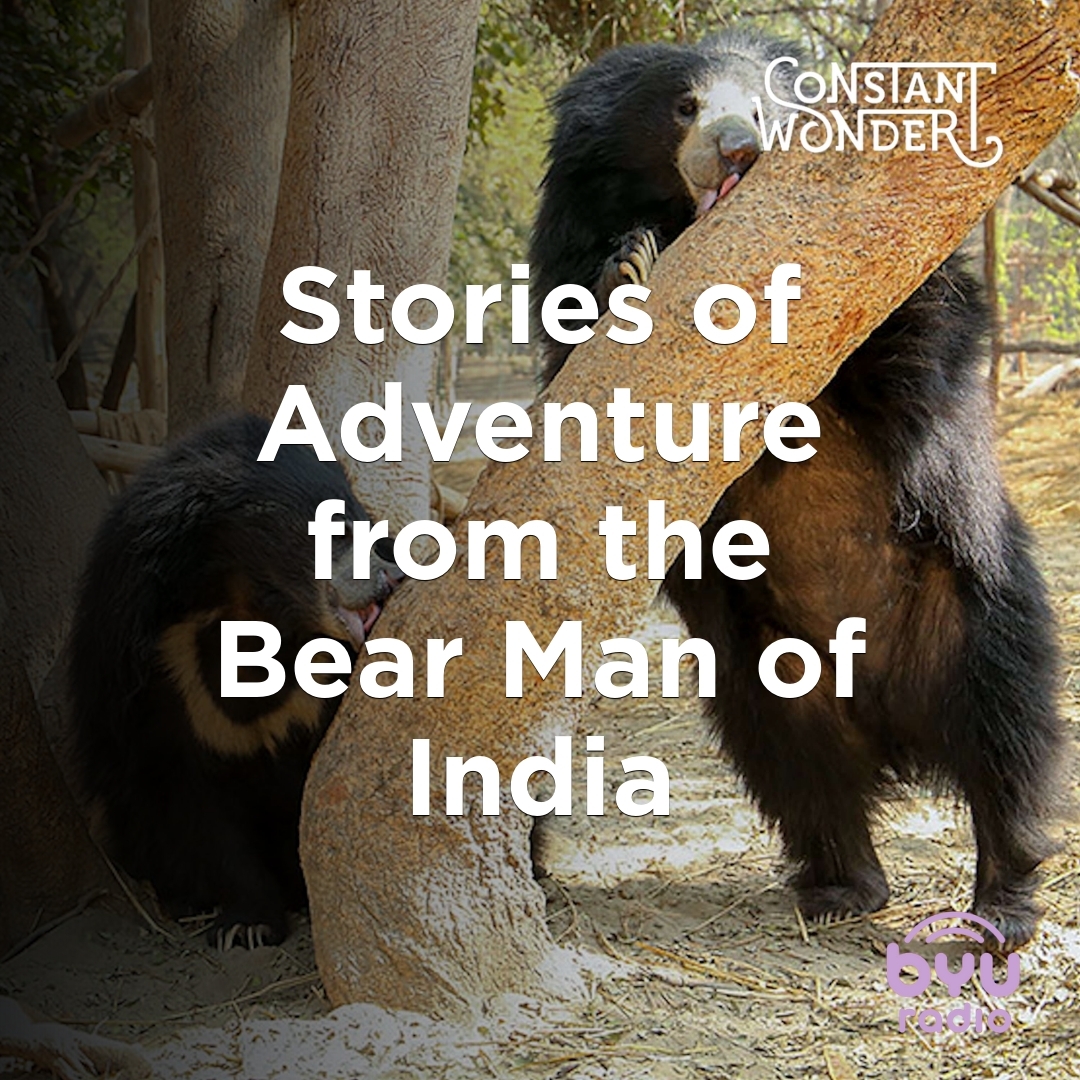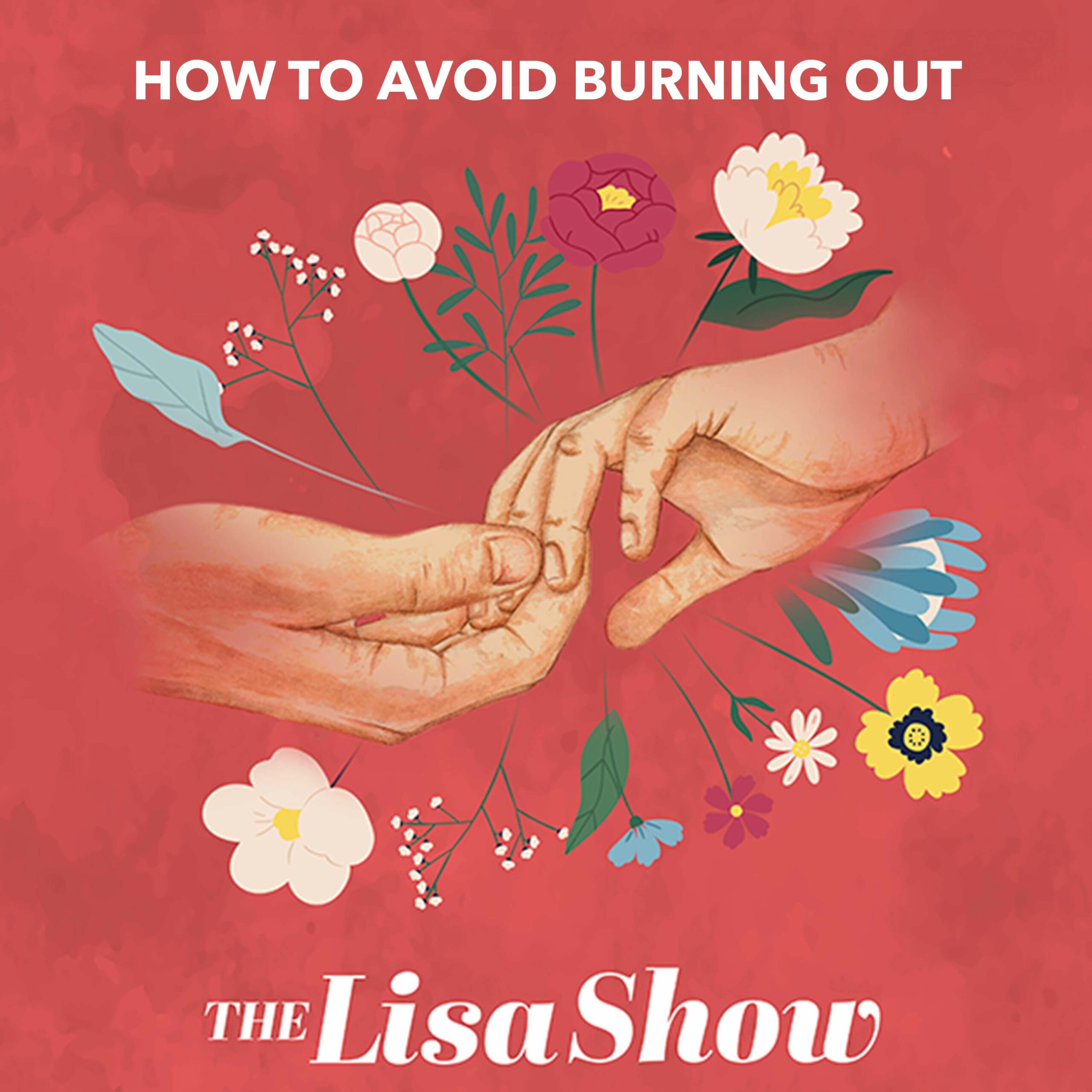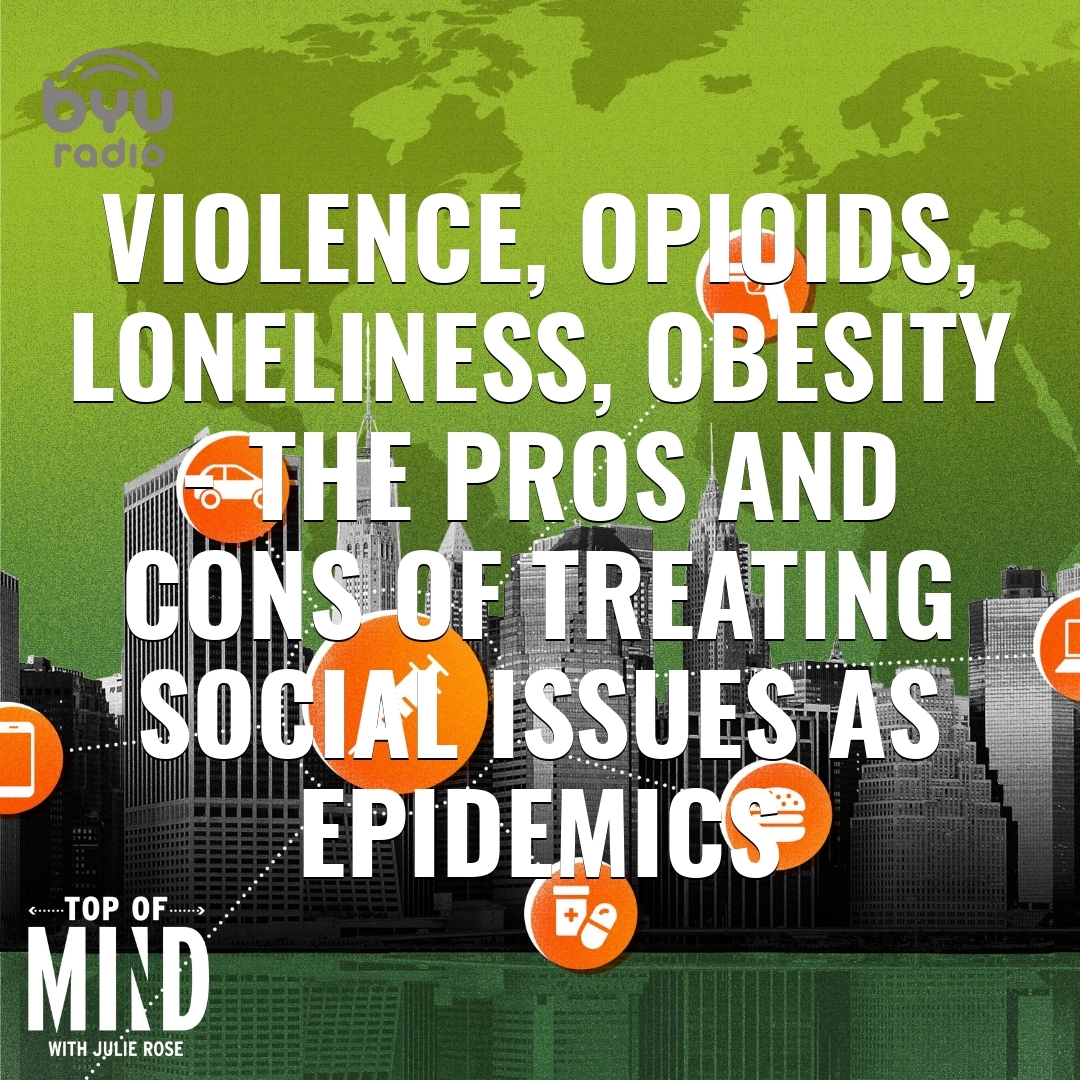Stories of Adventure from the Bear Man of India
He's known as the "Bear Man of India" for his work rescuing sloth bears from inhumane conditions "dancing" on the streets. His obsession with helping animals began early in his life, when he'd spend full-moon nights high in a jungle tree watching a procession of wild animals visit a nearby watering hole. In the intervening 30 years, he's braved the "timber mafia" and even gunshots in a tireless crusade to protect wildlife.










